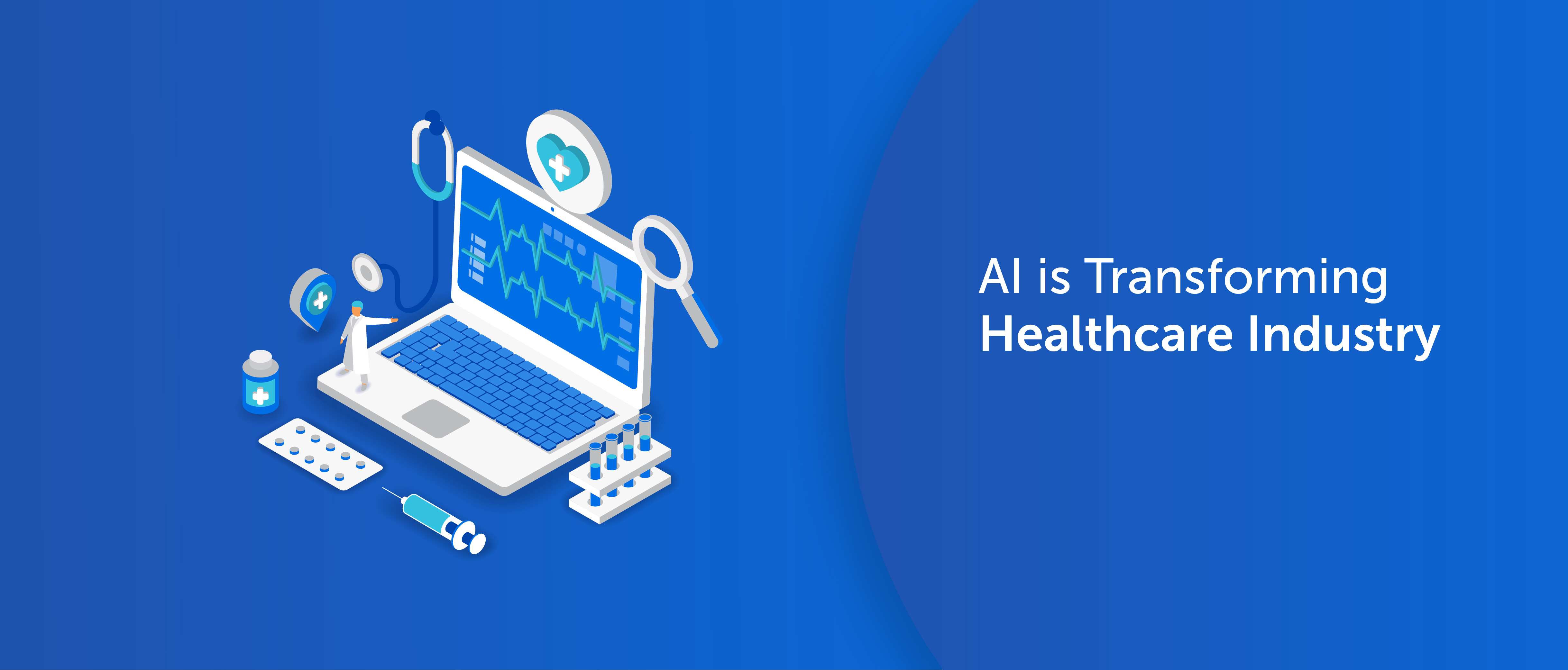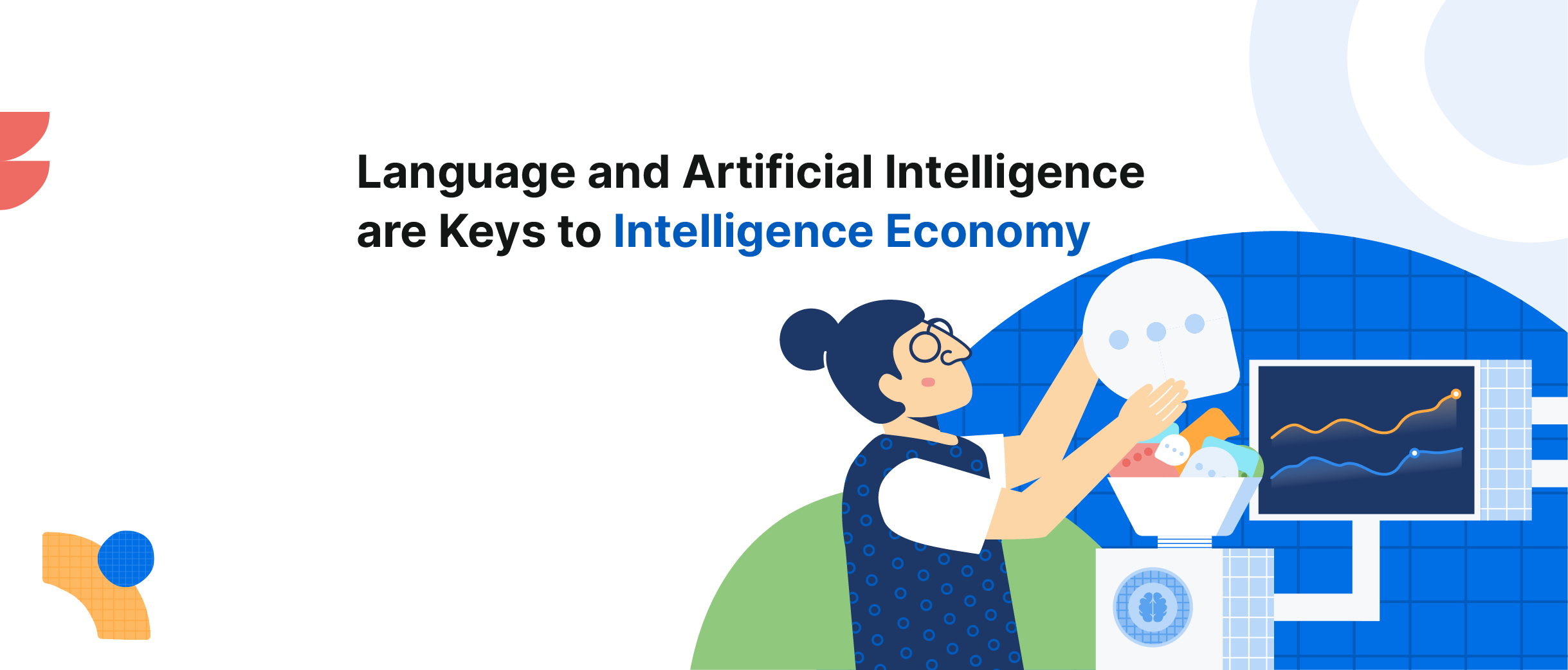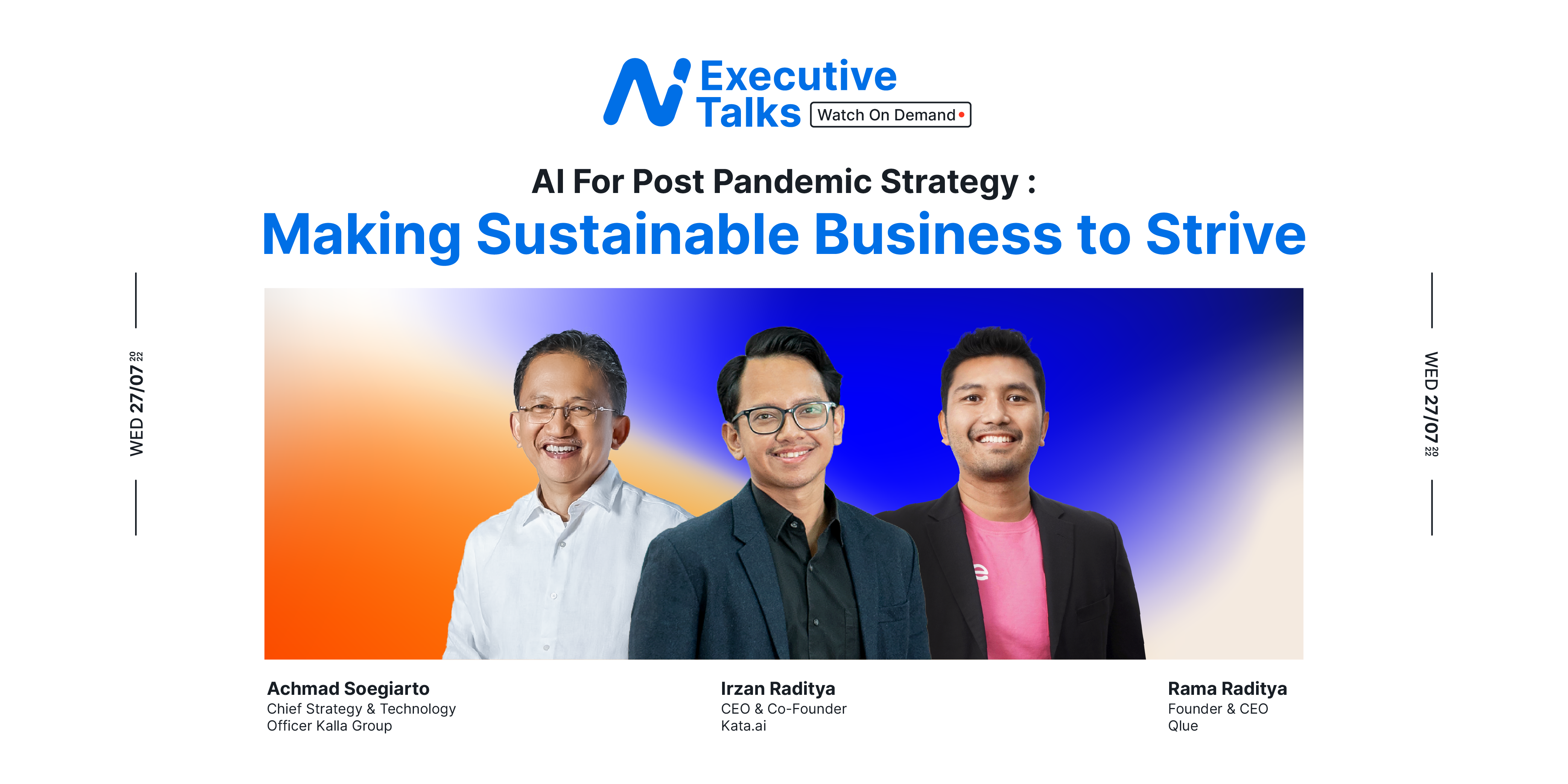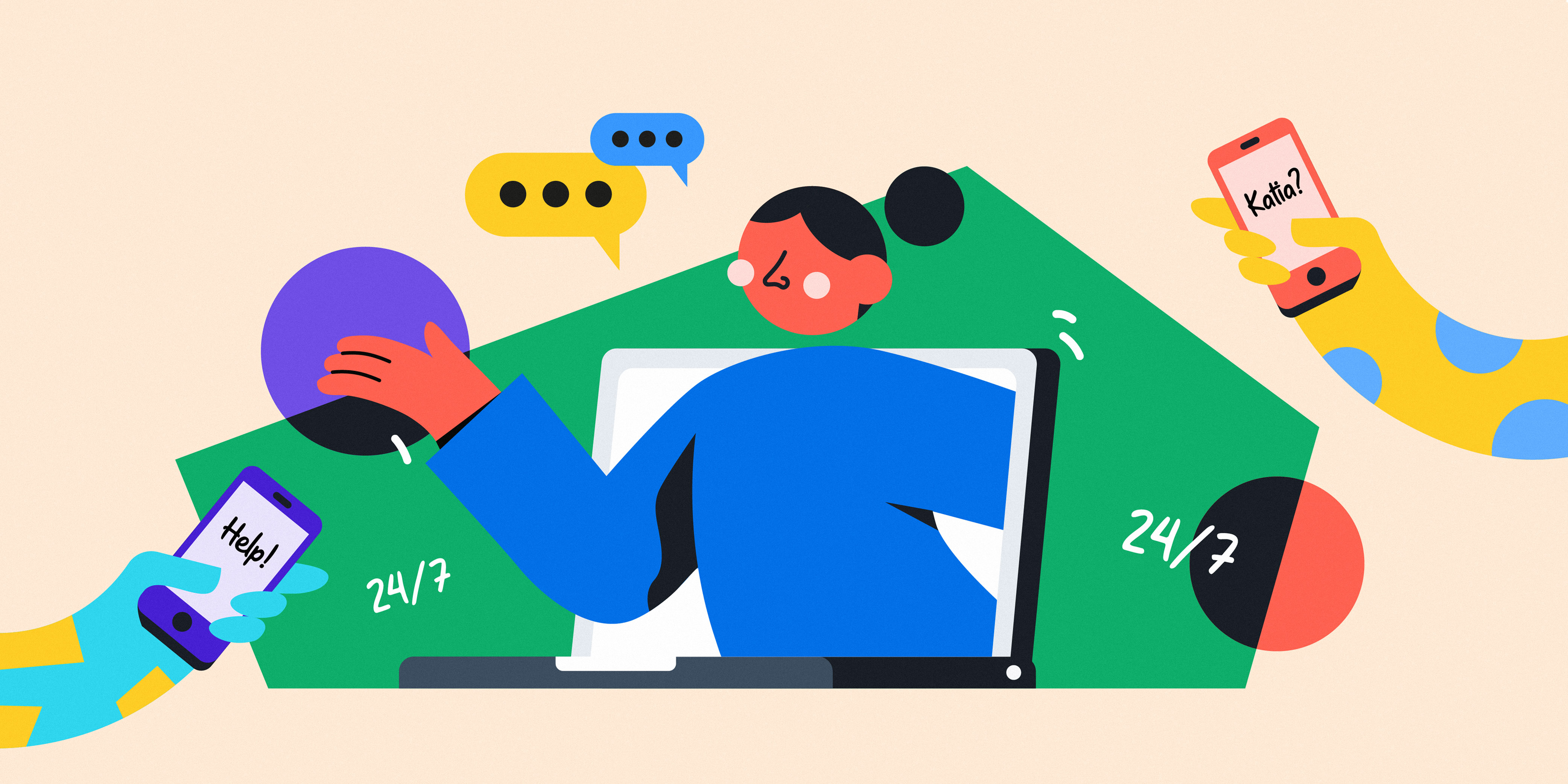When technology is changing fast, the world is changing with it. Today, many industries have been disrupted by the influx of new technologies, but for the healthcare industry, the impact promises to be truly life-changing. In 2019, we can expect to see significant progress when it comes to the use of AI in healthcare communication, whether it is communication between health centers and patients through the use of apps and chatbots, making it easy to schedule an appointment with healthcare centers, or simply ensuring fast and efficient delivery of information requested by patients.
Besides the fact that AI will result in improved accuracy of medical imaging diagnosis, it will also make it much easier to personalize treatment planning and transmit results. According to the research by Accenture, the effective application of AI for medical dosage error reduction can result in a savings of $16 billion for the healthcare industry by 2026.
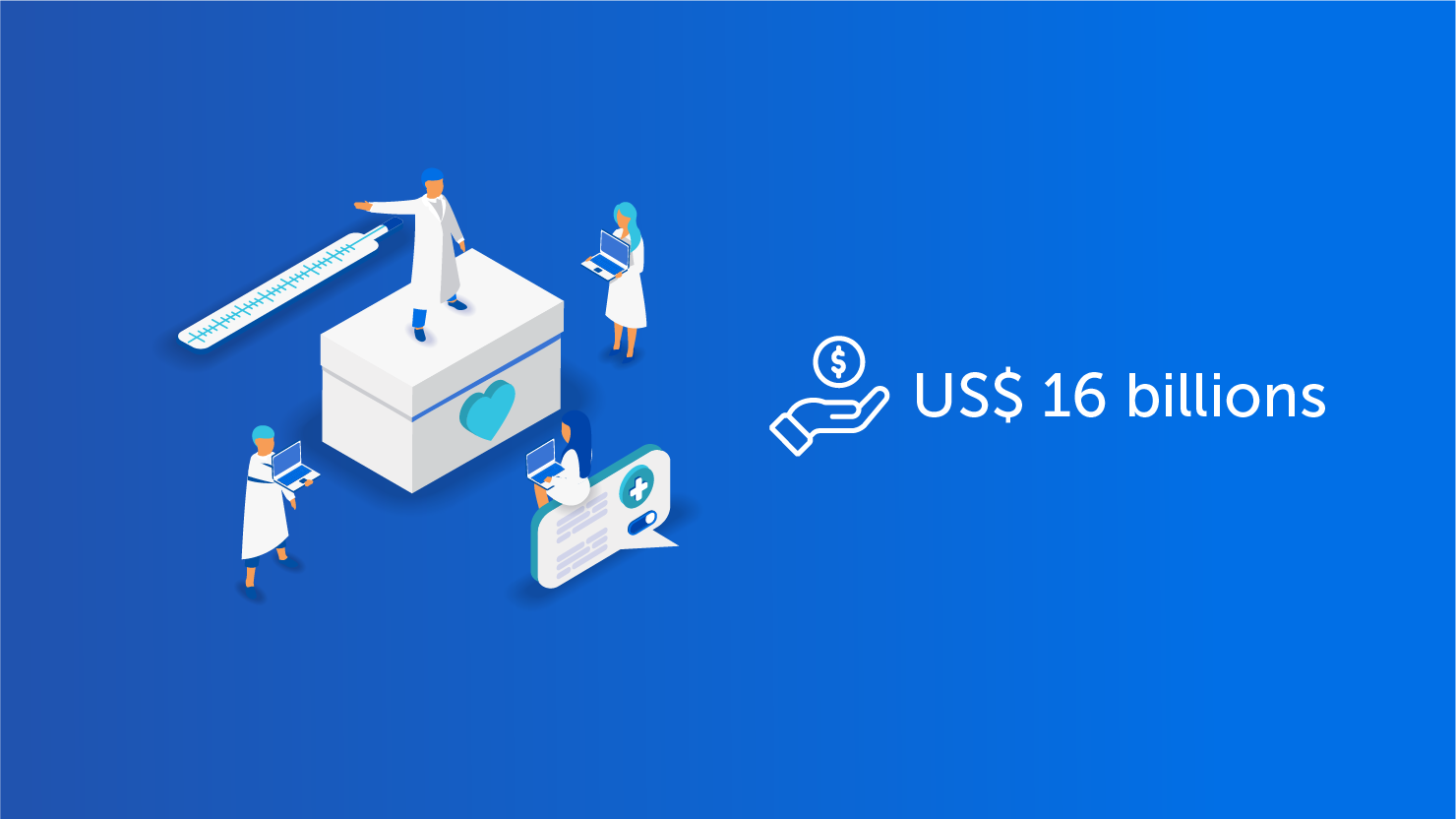
From hospital care to clinical research, drug development, and insurance, AI adoptions are revolutionizing how the health sector works to reduce spending and improve patient outcomes. For example, instead of spending the consultation time with doctors to discuss the symptoms, patients can interact with an intelligent chatbot to do the initial interview about the symptoms and to schedule an appointment.
When the time of the appointment comes, the doctors can go straight to the diagnosis, saving time for both the patients and the doctor. In this case, a chatbot is not a replacement for critical medical care, but it’s a tool that can increase the efficiency of care. Another example of the use of a chatbot is to remind dementia patients about the schedule for medication.
Improving care requires the alignment of big health data with appropriate timely decisions, and predictive analytics can support clinical decision-making and actions as well as prioritize administrative tasks. Because at some point, hospitals and doctor’s offices generate and store vast amounts of data, including that from pathology slides, electronic medical records, wearable devices, and insurance claims.
Finding an organized and efficient way to analyze this data is critical. This is where AI steps in, by using machine learning algorithms, this technology can spot patterns that elude human doctors, pushing the practice of medicine toward prevention through early detection of risk factors.
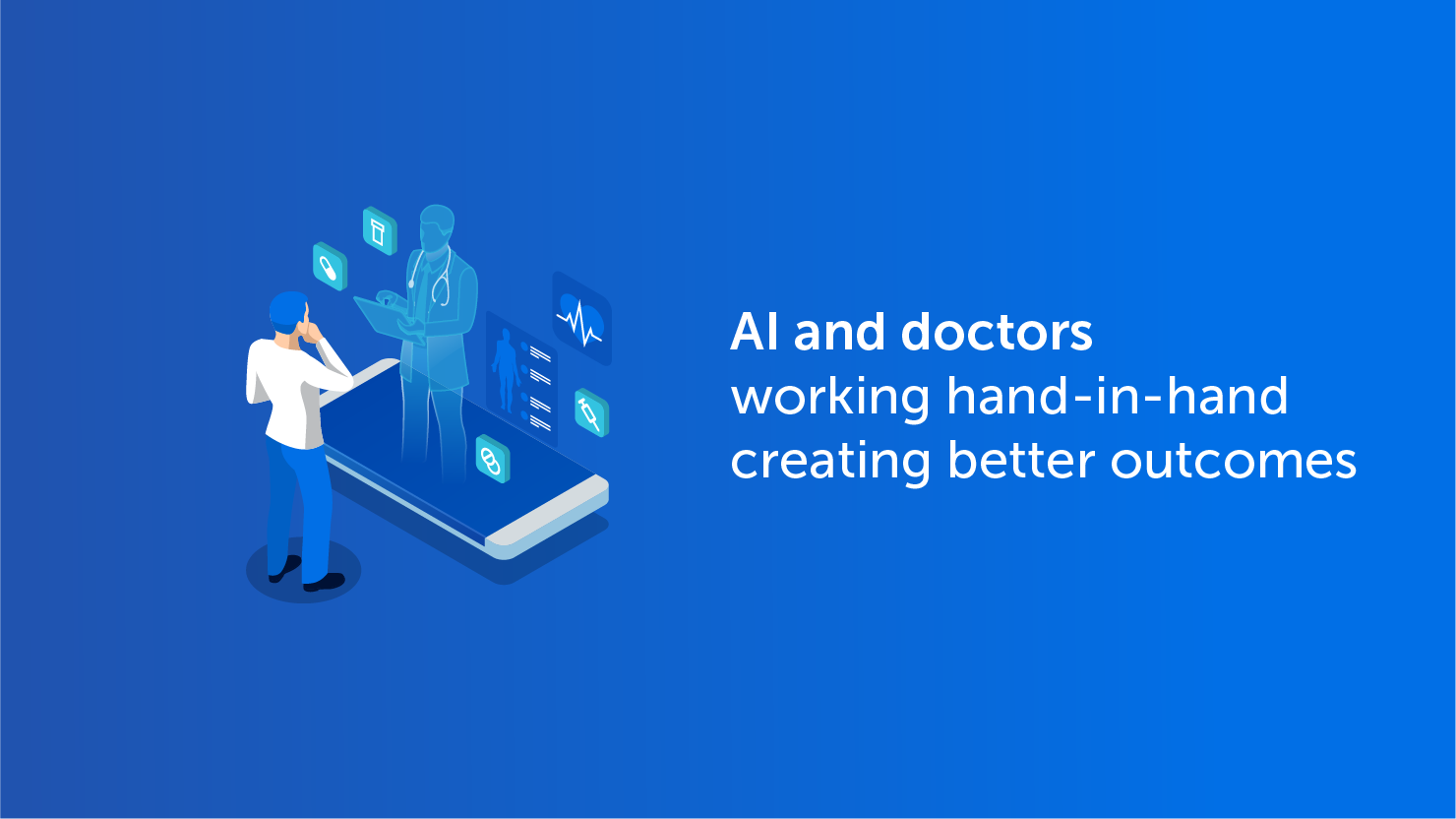
However, the biggest chance AI can bring to the healthcare industry is through security. It’s no secret that healthcare data is very sensitive, as hospitals have access to patient’s personal health-and identification information. But there is hope to be found in AI, too. According to Mark Hurd, the CEO of Oracle that said if cloud-based autonomous systems will patch those vulnerabilities almost instantly, in order to protect the patient’s most valuable data.
In the complex world of healthcare, AI and an intelligent chatbot can provide faster service, faster diagnosis, and data analysis to identify genetic information to detect a predisposition to a particular disease. Saving seconds could mean saving lives in the healthcare space. While AI working hand-in-hand with doctors, it will drive better outcomes and AI may be the perfect prescription for managing healthcare in the digital age.













